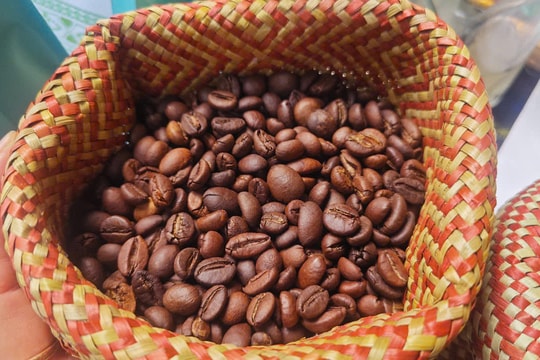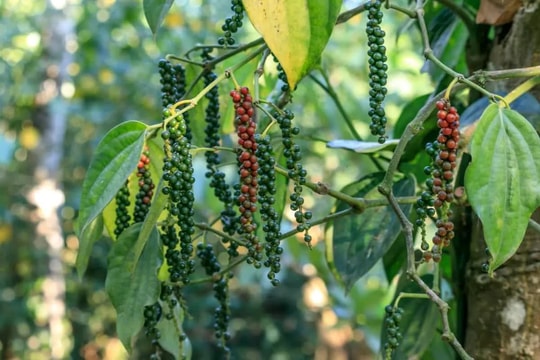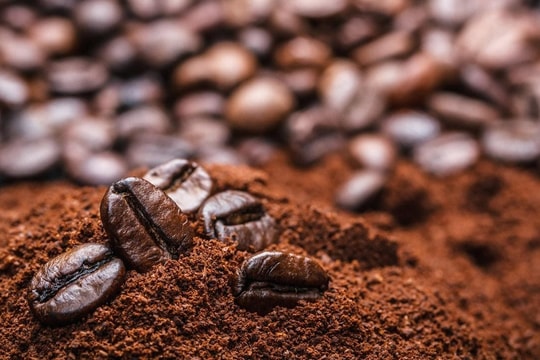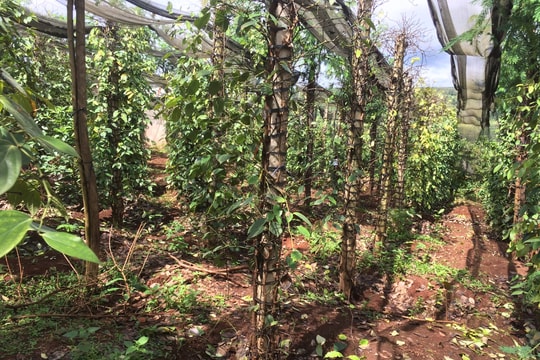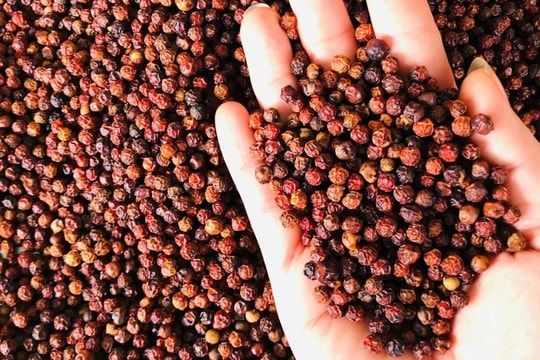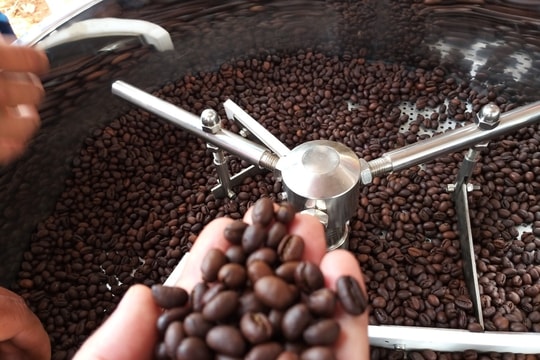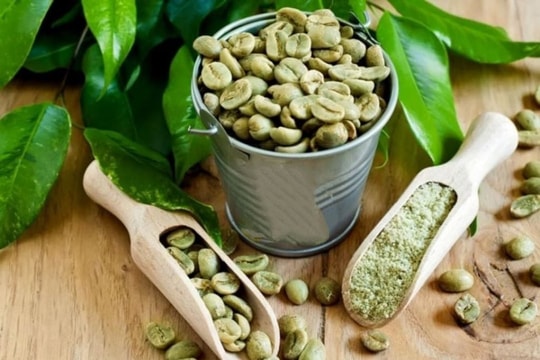Prime Minister: Encourage businesses to invest to create new value for agricultural products
(Baonghean.vn) - Prime Minister Nguyen Xuan Phuc said that in addition to perfecting policy mechanisms, we need to promote linkages and actively apply science and technology to increase the value of agricultural products along the chain. In that process, we encourage the participation of businesses in investing in agriculture.
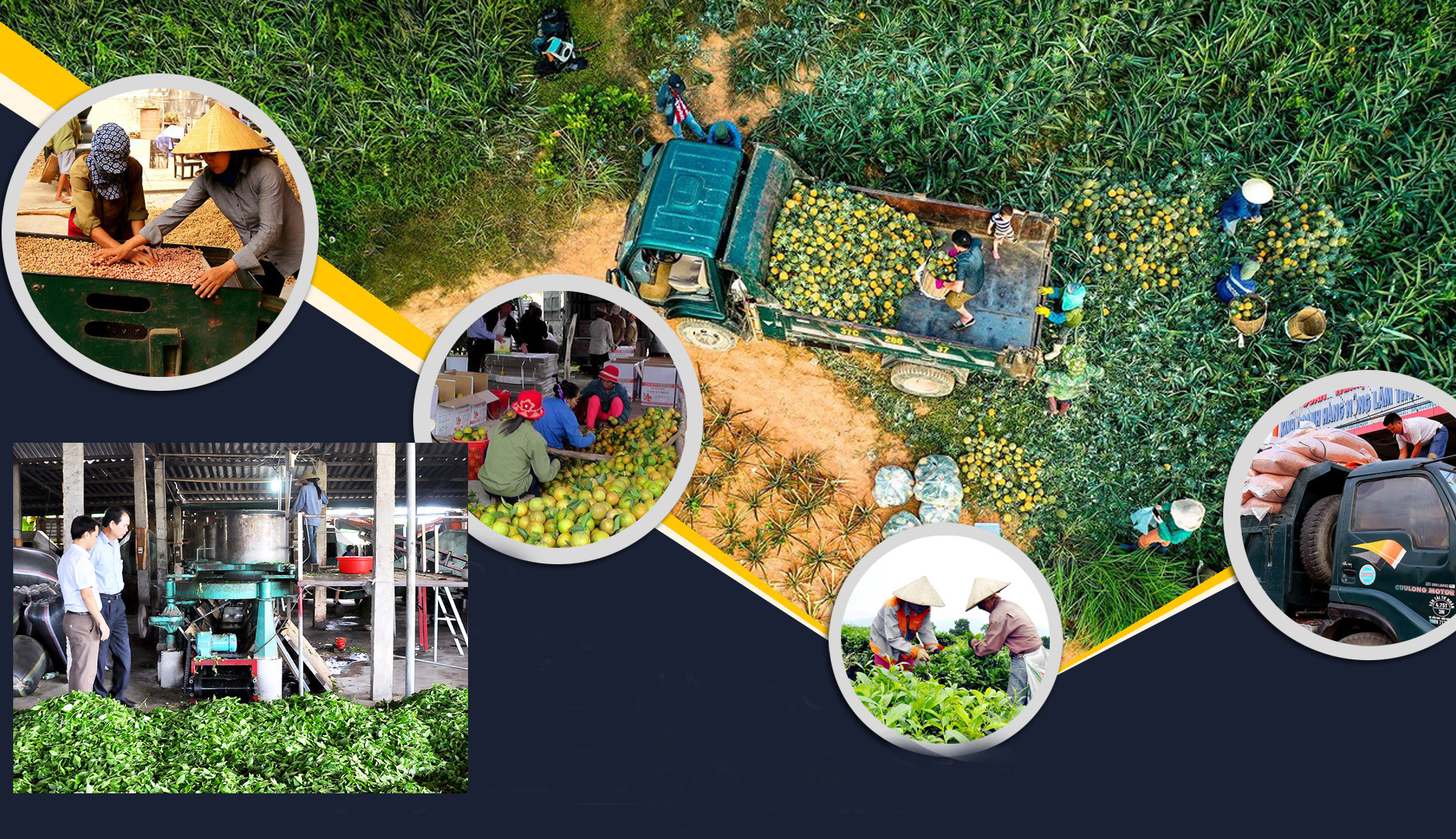 |
| Agricultural processing needs to accelerate to meet the requirements of the new era. Photo courtesy of PV |
On February 21, Prime Minister Nguyen Xuan Phuc chaired the National Online Conference on "Promoting the development of agricultural processing industry and agricultural mechanization in the context of the 4th industrial revolution". At Nghe An bridge, comrade Le Hong Vinh - Member of the Provincial Party Committee, Vice Chairman of the Provincial People's Committee chaired, with the attendance of leaders of departments, branches, and a number of agricultural enterprises in the province.
Agricultural processing industry has made progress.
According to the Ministry of Agriculture and Rural Development, in the past 10 years, Vietnam's agricultural, forestry and fishery processing industry has made significant progress with a value-added growth rate of about 5-7%/year. Currently, in many localities, an agricultural processing industry system has been established and developed with a design capacity to ensure the processing of about 120 million tons of agricultural raw materials/year, with over 7,500 industrial-scale enterprises associated with exports.
The growth of the agricultural processing industry contributes to promoting the global economic integration of the agricultural sector and makes an important contribution to increasing the export turnover of agricultural products. Thanks to that, the export turnover of agricultural products has increased sharply, increasing by an average of about 8 - 10%/year. Vietnamese agricultural processed products have been exported to over 186 countries and territories, including demanding markets such as the EU, the US, Japan, etc.
 |
| Prime Minister Nguyen Xuan Phuc chaired the conference. Photo: VGP/Quang Hieu |
The agricultural processing industry contributes to the economic development of rural areas and the construction of new rural areas. Agricultural processing factories are mostly built in rural areas, making a positive contribution to improving the rural socio-economic picture, creating direct jobs for about 1.6 million workers, most of whom are farmers' children, with an average income of 5-7 million VND/month; making an important contribution to hunger eradication and poverty reduction in rural areas.
However, in this field, many businesses have not been proactive in providing raw materials with guaranteed quantity and quality (except for some industries that have well-organized processing stages associated with raw material production such as sugarcane, pangasius, and shrimp). At the same time, the processing capacity for some industries is still weak, not meeting the demand, especially during peak seasons such as vegetables and fruits, causing post-harvest losses.
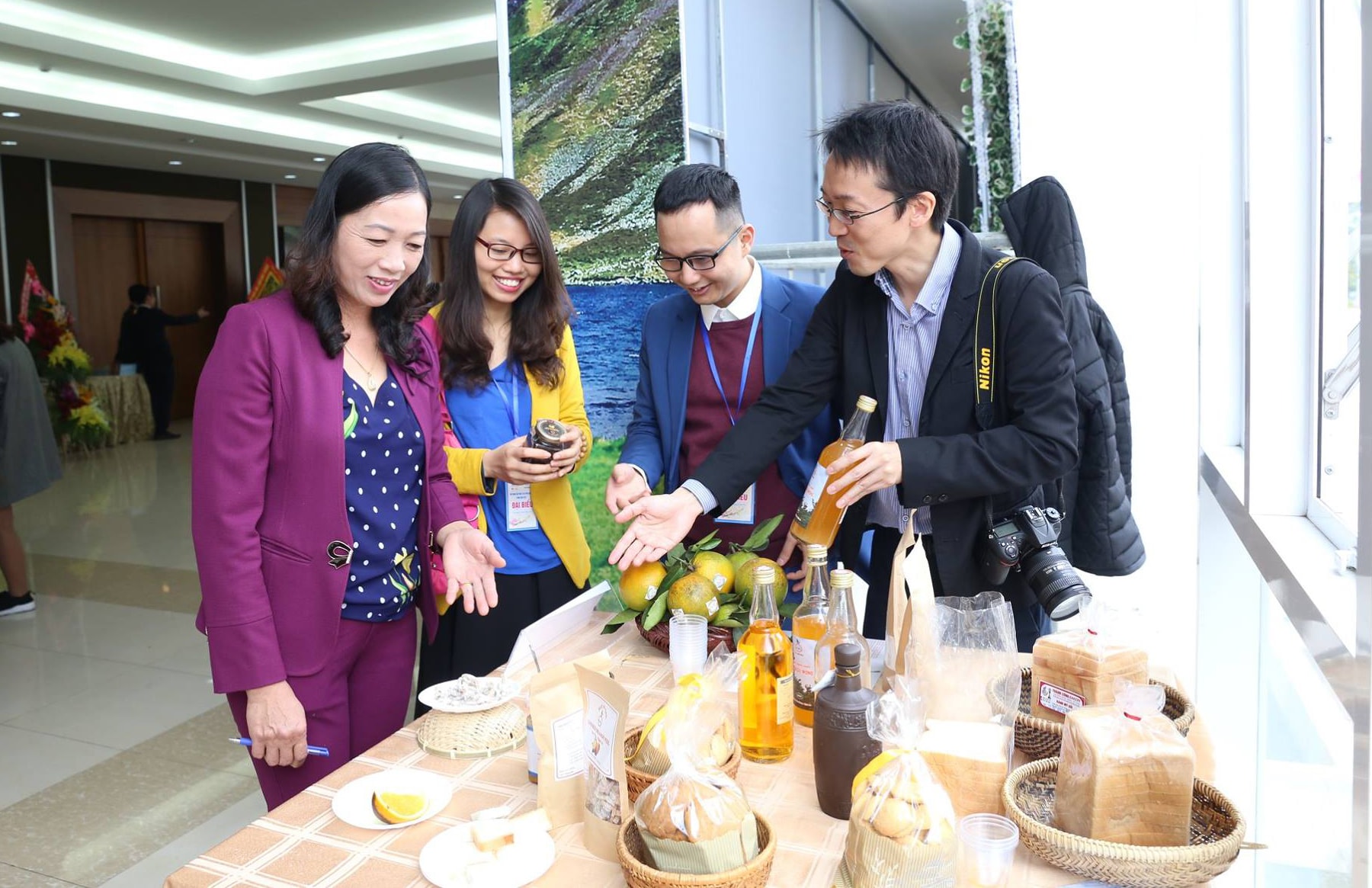 Some agricultural products processed from oranges of Nghe An supported by JICA. Photo courtesy of Thu Huyen Some agricultural products processed from oranges of Nghe An supported by JICA. Photo courtesy of Thu Huyen |
The level of processing technology is generally at the world average level; many processing facilities of some industries are over 15 years old with old equipment, outdated technology, low productivity (tea, rubber, cassava)...
The State’s policy mechanism is not attractive enough for businesses to invest in agricultural processing. Some policies on land, finance, credit, science and technology… have not kept up with the practical requirements of production and business.
Agricultural mechanization is widely applied.
Mechanization in agriculture is increasingly widely applied: The rate of mechanization in agricultural land preparation reaches 94%; sowing and planting reaches 42%; care stages reach 77%; rice harvesting stage reaches 65%. Thanks to that, the productivity and added value of agricultural products have been increased, creating an important premise for building a modern agriculture applying high technology.
Regarding the agricultural machinery and equipment manufacturing industry, up to now, the domestic mechanical industry has produced engines and tractors with a capacity of up to 30 horsepower (HP), accounting for over 30% of the domestic market share; rice combine harvesters account for 15%. The country currently has 7,803 mechanical enterprises (of which 95 have capital of over 500 billion VND) and nearly 100 establishments manufacturing agricultural machinery and equipment.
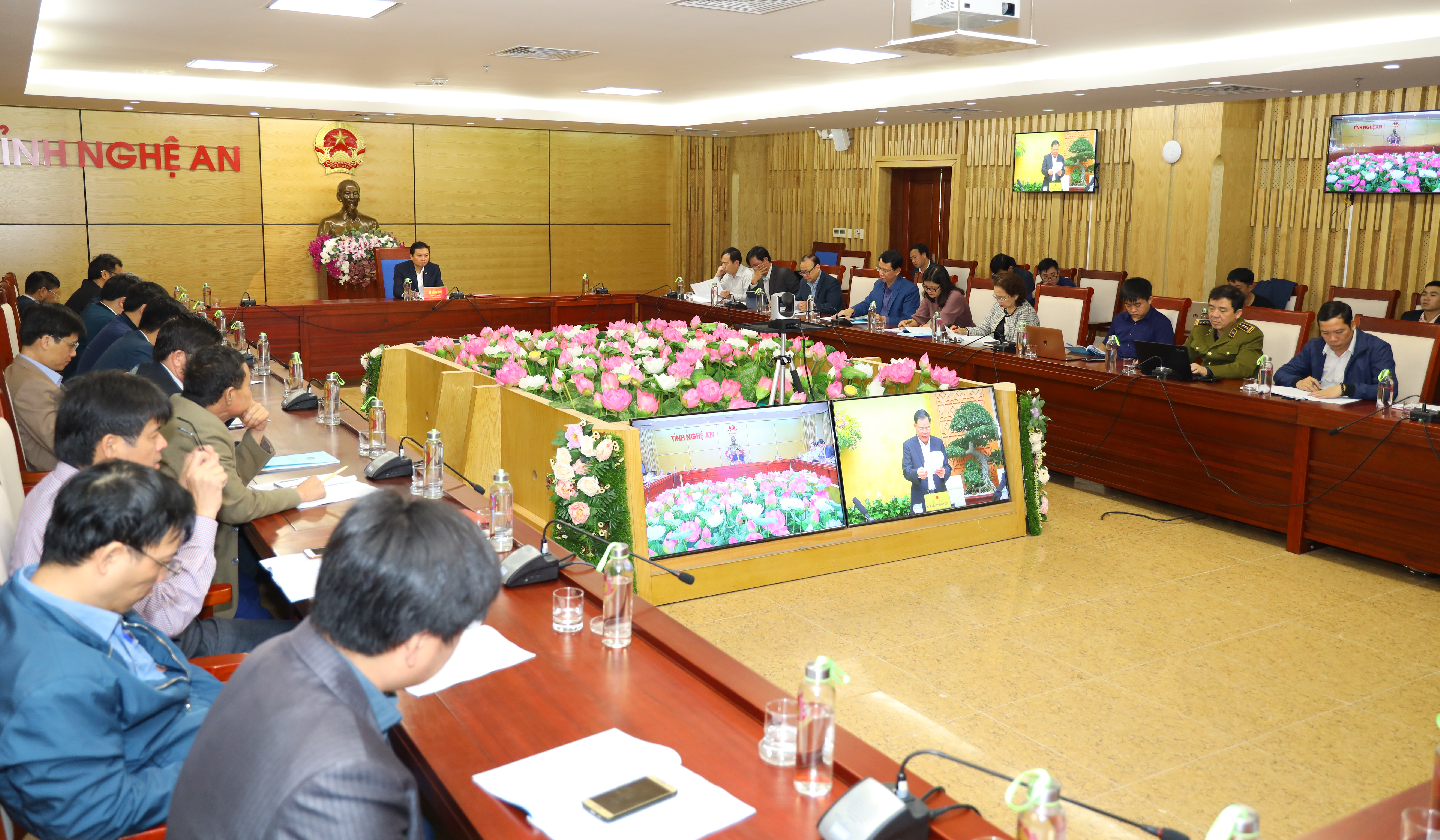 |
| Overview of the online bridge in Nghe An. Photo: Nguyen Son |
However, many types of agricultural machinery in the country are still outdated, inferior to many countries in the region and the world. The level of mechanization in agricultural production in some stages is still low and over 70% of agricultural machinery still has to be imported (mainly from China).
In Nghe An, in recent years, the province has had many policies to support agricultural development, agricultural processing and agricultural mechanization. However, in this field, there are only 389 enterprises, accounting for 4.2% of enterprises in the province. Some enterprises have invested in processing aquatic products, forestry products, milk, fruits, tea, rubber, medicinal herbs, etc., but the value and spread are not high. The whole province is estimated to have over 14,750 multi-function plows, 8,672 row harvesters, hand-held harvesters, 850 combine harvesters, 11,000 motorized rice threshers, 9,586 food processing machines, 2,816 animal feed processing machines, 3,732 motorized pesticide sprayers, etc.
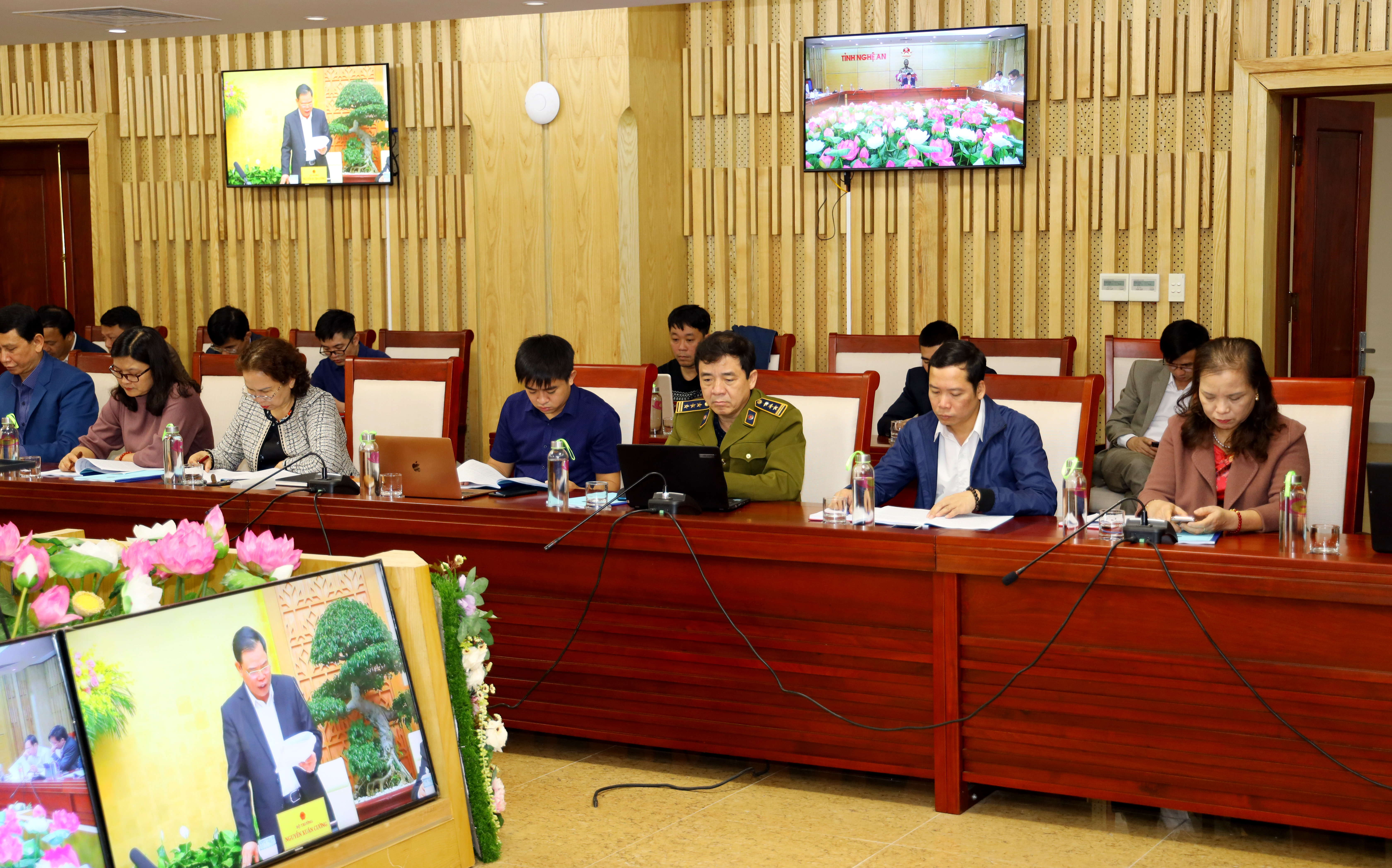 |
| Representatives of departments, branches and some enterprises attended the conference at Nghe An bridge. Photo: Nguyen Son |
Need fundamental solutions
At the conference, Prime Minister Nguyen Xuan Phuc emphasized: In addition to perfecting the policy mechanism, we need to promote linkages and actively apply science and technology to increase the value of agricultural products along the chain. Improve processing capacity, apply machinery in the fields of production, harvesting, processing, preservation, etc. Encourage the participation of enterprises in investing in agriculture to create new value for agricultural products.
The Prime Minister said that agricultural exports are very important, but the domestic market of nearly 100 million people is even more important. If we do not take care of the domestic market, we will be irresponsible to the people. Therefore, we need policies and measures to remove obstacles for processing, especially deep processing, and mechanization.
In particular, the European Parliament has just approved the EVFTA and EVIPA agreements, opening up many opportunities for Vietnamese businesses to enter the EU market. The Prime Minister said that it is necessary to research and access this regional market well for agricultural products.
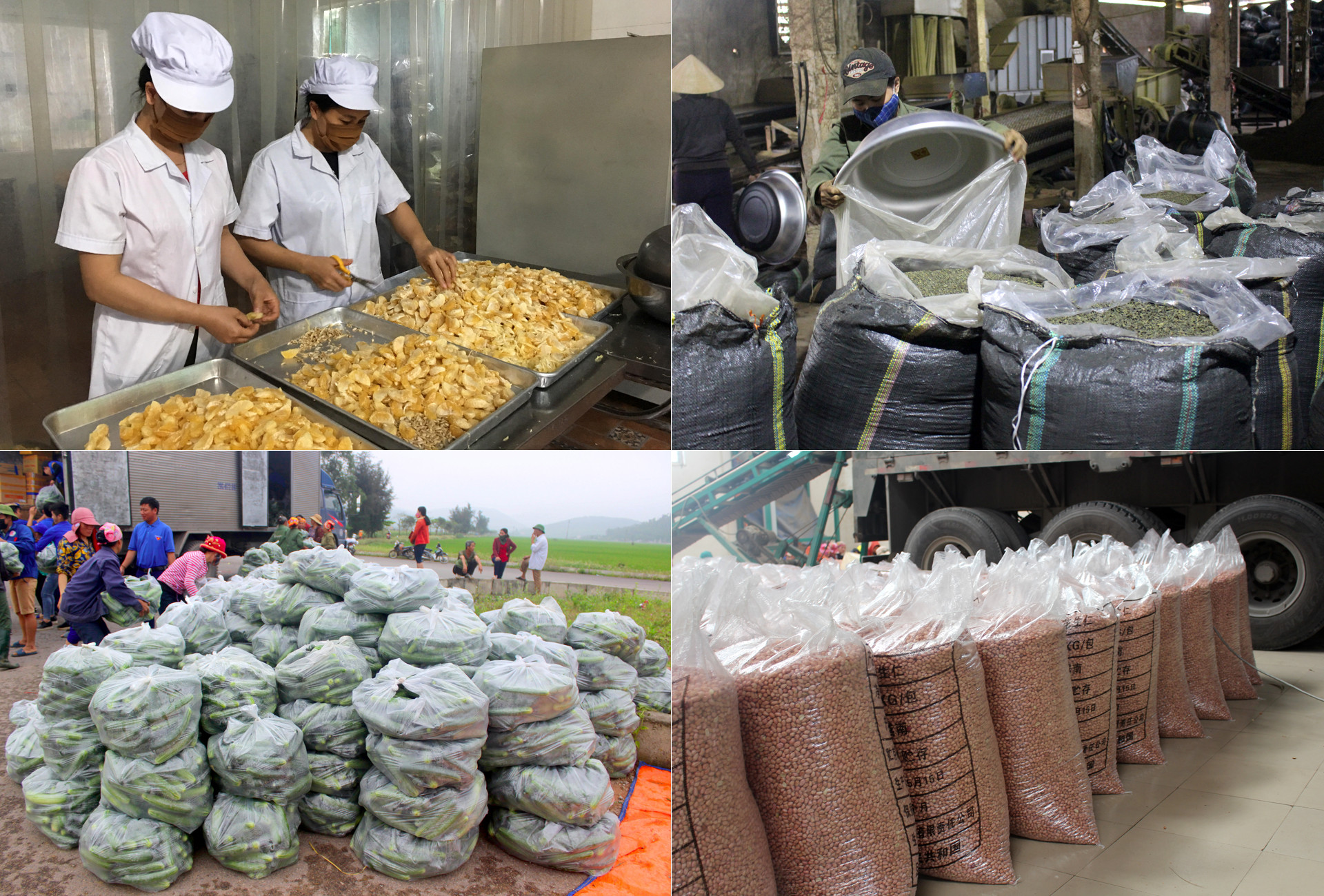 |
| Many agricultural products in Nghe An have not yet created a high value chain from production, harvesting, processing to consumption. Photo courtesy |
The Prime Minister requested all levels and sectors to clearly analyze the reality of each locality, clearly identify the obstacles to remove in the field of agricultural processing and mechanization in agriculture. On that basis, the State actively accompanies farmers and enterprises to increase the value of agricultural products. In the development process, the State participates with enterprises and farmers, but requires the initiative of enterprises.
The Prime Minister also assigned responsibilities to ministries, branches, localities and credit institutions to actively support farmers and businesses to promote clean agricultural production, well connecting production, processing and consumption with a spirit of decisive action.
The goal by 2030 is for Vietnam's agricultural, forestry and fishery processing industry to "be among the top 10 countries in the world". Striving to become a global center for deep processing and agricultural logistics and having sufficient processing capacity to meet the requirements of agricultural production with a growth rate of the value of deeply processed agricultural products reaching 7-8%/year; the output proportion of deeply processed products with high added value of industries reaching 30% or more; over 50% of the number of facilities processing key agricultural export products achieving advanced production technology.

